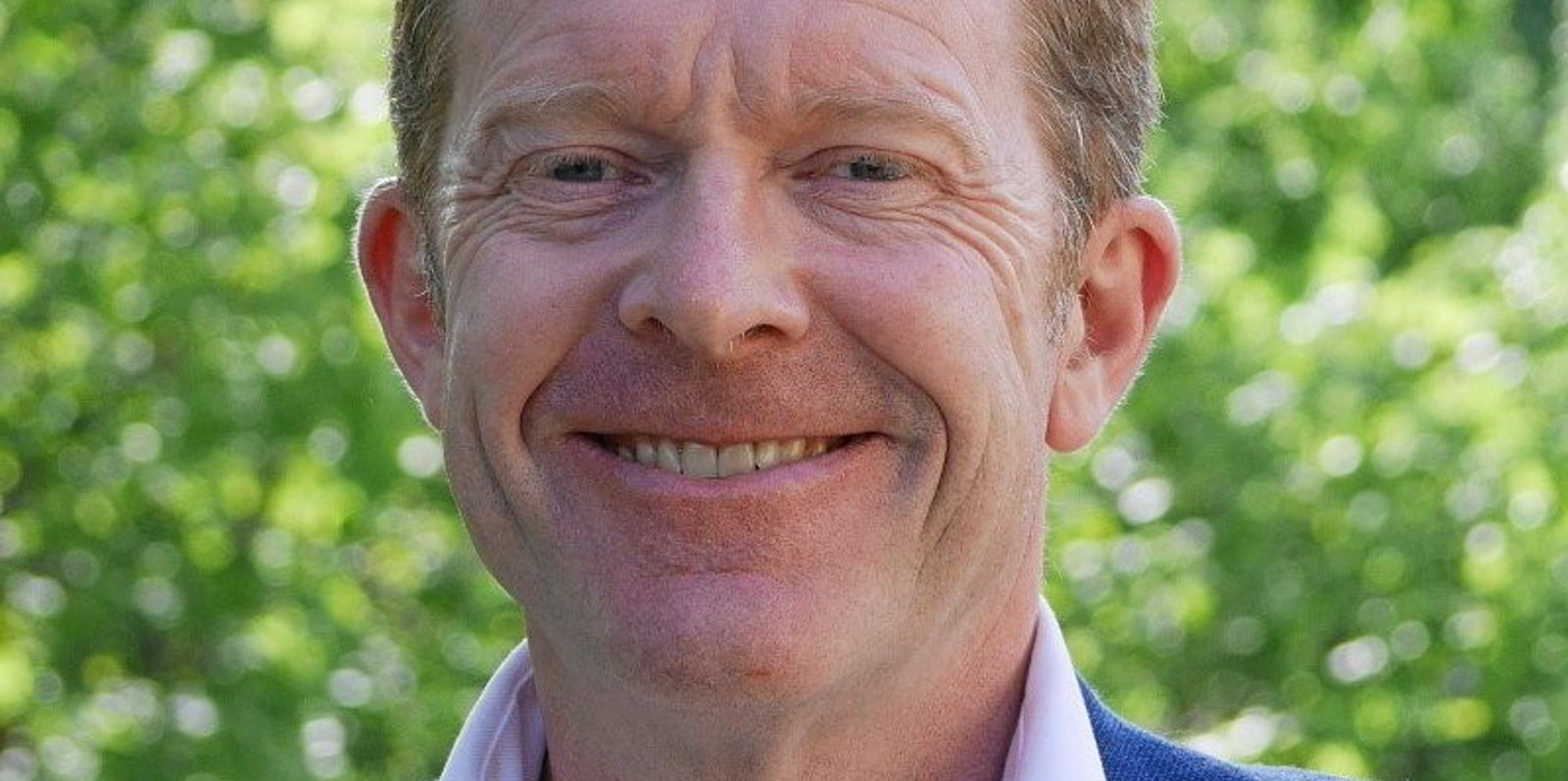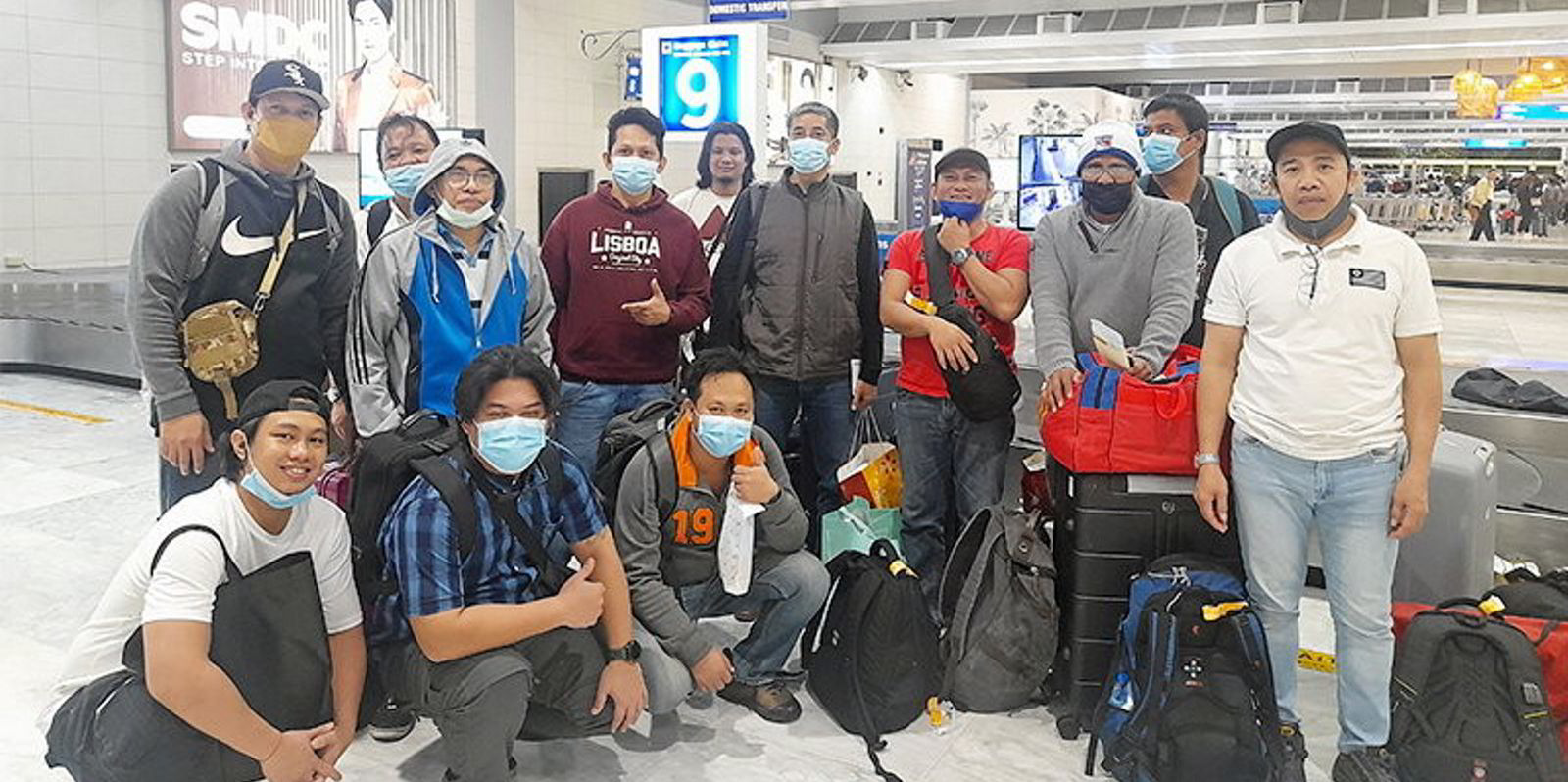There are only seven years left to meet shipping’s next big decarbonisation goal, so time is of the essence to ensure that seafarers have all the requisite skills to rise to the challenge.
Up to 1.2m seafarers will need to be reskilled as new marine fuels and technologies are implemented on board vessels, according to a study commissioned by the Maritime Just Transition Task Force that was published in January.
This means the vast majority of the world’s 1.9m seafarers will need fresh training.
Oystein Goksoyr, head of the maritime advisory department at class society DNV, led the team that authored the report, which modelled the training needs of the seafaring workforce according to three different decarbonisation scenarios.
Goksoyr told TradeWinds everyone who engaged in the study was keen to find out: when does the industry need to start planning for upskilling and training its seafarers?
“The message is basically we have to start now because we cannot have an early incident in the technology uptake. It’s only one incident and then you have a safety issue,” he said.
“We have to start now and the key movers are already testing this out. The safety issues are there to be resolved.
“The pilots are ongoing. We have started to test hydrogen; we have rules and regulations for ammonia and are starting to test that; the methanol, the batteries have been there for a while, the LNG has been there for a while.”
Safety comes first in shipping, but it takes time to put legislation and regulations in place, Goksoyr said.
“And then it’s the transformation itself. Usually, we are not used to having such a speedy transformation in shipping as we have today. We have seven years until 2030,” he told TradeWinds.
The last time shipping underwent such a speedy step change was when vessels switched from sail to steam propulsion.
“Since then, it has actually been quite the conservative transformation, so we haven’t had time to prepare and test established procedures and skill sets and technology,” he said.
“We are sort of in a hurry — and safety and hurry is not a good combination.”
Goksoyr thinks the shipping industry has been able to respond pretty quickly to problems with respect to technology and the availability of fuel, but worries this could outpace its training strategies.
“The technology will come, but how about the skills, the training, the procedures, the human factor and the organisational stuff, which has to be in place to safeguard this?” he said.
Safety concerns for alternative marine fuels cover quite a broad spectrum. Biofuels are the least worrisome, given that they pose similar safety risks as conventional fuels and are handled in a similar way.
The Maritime Just Transition Task Force secretariat is a UNGC initiative that aims to ensure that shipping takes a safe, equitable and human-centred approach to decarbonisation, primarily with respect to seafarers.
The task force was established at the 26th United Nations Climate Change Conference of the Parties (COP26) meeting in Glasgow in November 2021.
Its founding members are the International Chamber of Shipping, the International Transport Workers’ Federation, the United Nations Global Compact, the International Labour Organization and the International Maritime Organization.
Its other supporters include Anglo-Eastern Ship Management, MSC Mediterranean Shipping Company, Ocean Technologies Group, Ocean Network Express and Philippine Transmarine Carriers.
The task force’s primary funder is the Lloyd’s Register Foundation.
But hydrogen is highly flammable and explosive. Ammonia is toxic. Any safety incident with these fuels would have serious consequences.
“You have to start to develop training programmes now because if you put ammonia or hydrogen on board a bulk carrier, nothing wrong with bulk carriers but they are not used to handling toxic or explosive fluids. If you put it on board a tanker, they are already trained,” Goksoyr said.
“The training has to start now and probably you have to adopt part of the tanker mindset on to the bulkers and container carriers when it comes to safety.”
But this transformation also needs to be just and fair so that developing countries are not excluded. That has been the concern of the Maritime Just Transition Task Force.
“If you look at the Philippines, this is a big industry for them and a big income so they’ve said that it has to be fair, so that you don’t squeeze out their workforce and bring in another high-skilled workforce, but rather that you upskill,” Goksoyr said.
There are also hidden opportunities for shipping in this new training mission.
“You have actually an opportunity here to make the occupation as a seafarer much more attractive because, with this new technology, there has to be a lot of training on digitalisation — and it’s a high level of digitalisation and automation,” Goksoyr said.
“The traditional chief engineer, who used the oil can, is now more like a programmer and electrician and that is something for the younger kids, it’s much more attractive to work with that.”





